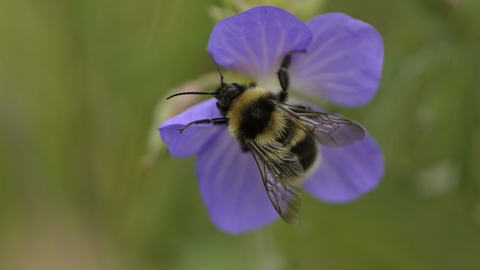
Garden bumblebee by Chris Gomersall/2020VISION
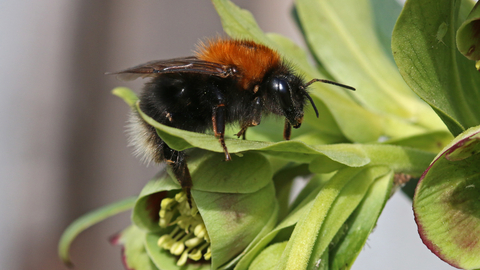
Tree bumblebee by Wendy Carter
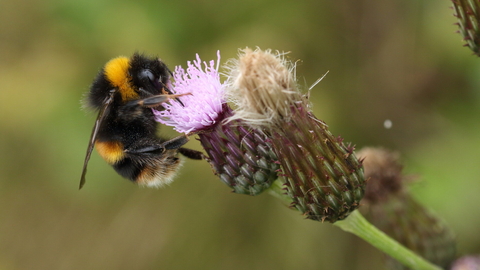
Buff-tailed bumblebee © Vaughn Matthews
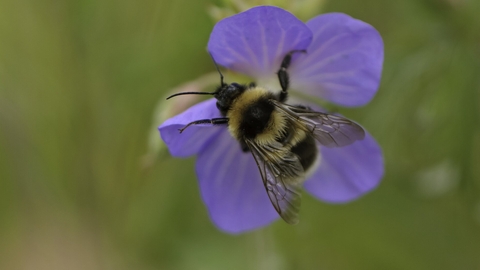
Garden bumblebee by Chris Gomersall/2020VISION
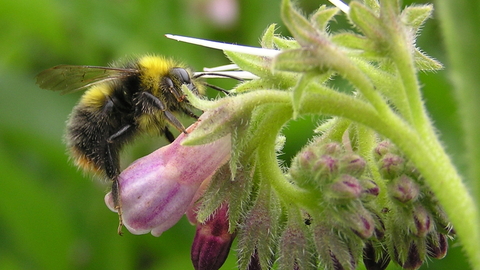
Bombus pratorum on comfrey (R I Moyse)
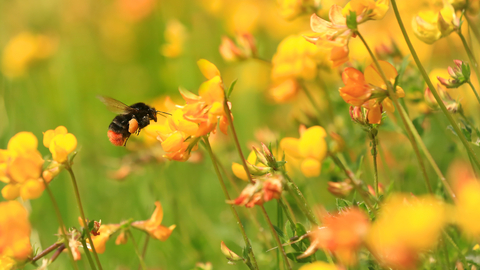
Red-tailed bumblebee ©Jon Hawkins - Surrey Hills Photography
Ecology of Bumblebees and their Identification for Beginners
About the event
The day begins in the classroom, with an introduction to bumblebee conservation, decline, lifecycle and their ecology. We will cover the basics of bumblebee identification of the most common species - the big '7' - and there will be opportunities to view pinned specimens.
The afternoon will be spent finding and identifying bumblebees at the Trust’s Tyland Barn garden and meadows..
The objective will be to give students the basic skills and confidence to begin studying and identifying bumblebees on their own. Students should leave the day with a clear idea of how they can carry forward their interest and continue their study of bumblebees.
Led by Dr Nikki Gammans, Bumblebee Project Manager, Short-haired Bumblebee Reintroduction Project. and Geoff Allen, expert on bees, wasps and ants, and recorder for Kent Field Club.
Suitable for beginners and improvers
Booking
Price
Standard fee: £37.50 per person per day.Concessionary fee: Kent Wildlife Trust volunteers, senior citizens, unemployed and students £5 off.